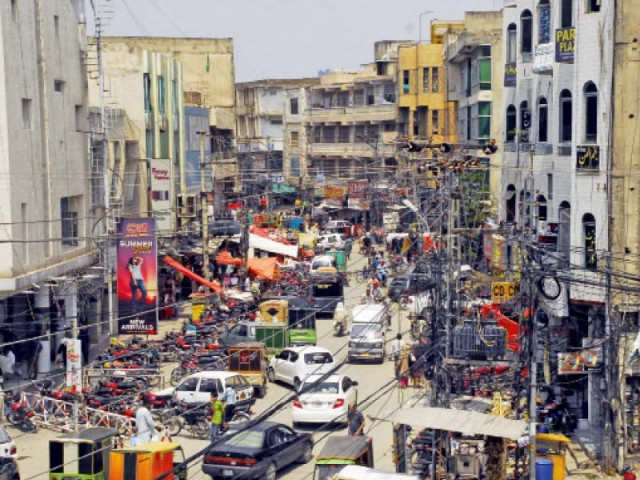‘Hike in fuel price to jolt businesses, households’
Gas to increase by 75%, electricity by 25% in addition to taxes on businesses

The government’s decision to drop yet another petrol bomb on the directives of the IMF is going to create rippling effects far from petrol stations while sending shockwaves across the country’s crippling economy.
It is feared that the massive fuel hike will end up being passed on to not only everyday Pakistanis – whose wallets are feeling the strain already – but will also shut down more factories, increase unemployment and badly hit households.
Experts have projected the inflation reading would spike to a multi-decade high of around 30% in the months to come compared to a 49-year high hit at 27.3% in August 2022. It recorded 24.5% in December 2022 and is expected to be around 27% in January 2023.
Pakistan is projected to record economic growth of negative 1% in the current fiscal year 2023 compared to 6% expansionary growth taken in the previous fiscal year 2022.
To recall, almost half of the businesses have already shut down partially or completely and rendered 5 million to 7 million people jobless in the wake of the ongoing economic crisis for the past year in the country.
The government has to take care of the poor segment of society by giving them direct subsidies. Avoidance would multiply poverty and hit back the entire ecosystem in Pakistan.
Pakistan Business Council (PBC) CEO Ehsan Malik said the hike in petrol prices would initially jolt businesses and households. Later on, however, the decision would gradually turn around negative developments into positive ones over a period of time.
He said the increase in petroleum product prices would increase the cost of transportation for everyone. "This will negatively impact supply chain management of goods and people, leave multiplier impact on the economy…inflation will go up significantly."
Read Bitter-sweet pill: IMF’s ramifications
He said the hike in petroleum product prices was inevitable under the International Monetary Fund (IMF) loan programme of $7 billion, as the lending institution demand the government to pass on the increase in international prices to end-consumers in the country.
The government had to increase petroleum product prices, as it had no other option at present. "The impact would have not been this severe (rise in petrol prices) if the government had maintained a market-based rupee-dollar exchange rate," he said.
Finance Minister Ishaq Dar controlled the exchange rate artificially after coming backing back into Pakistan in September 2022. Before that, the government was managing a market-based exchange rate since 2019.
Malik said the impact of the rise in petrol prices has always remained negative on businesses and households. "People's consumption of goods cut down, as the cost of goods goes up but their disposable income remains unchanged. People cannot compromise on food consumption, but they avoid other expenses like travelling and etc."
He said the petrol price hike would cut imports, reduce the current account deficit and help improve the country's foreign exchange reserves, going forward.
Improvement in reserves would allow the nation to gradually open up imports which are lying closed at present. Accordingly, this will slowly improve business activities and enhance employment as well.
Alpha Beta Core (ABC) CEO Khurram Shehzad said "inflation is going to skyrocket starting with petroleum prices increased by Rs35 per litre."
Gas is going to be increased by 75% and electricity by 25%, taxes on existing businesses rather than untaxed real estate, retail, and low-taxed agri, tobacco as well as sugary drinks are going to squeeze documented businesses further, from both increased taxes and high-interest rate sides, leading to more layoffs and unemployment expected in next few months.
Read more IMF hopes spark rally, take PSX to 40,000
"Since we have delayed some crucial economic decisions, costing the country about $6 billion with investors/lender credibility loss, inflation is the cost we are going to pay, which again unfortunately will be extracted from poor masses the most."
"We need to protect the most vulnerable segment only through direct subsidy (motorcyclists through BISP etc)," he said.



















COMMENTS
Comments are moderated and generally will be posted if they are on-topic and not abusive.
For more information, please see our Comments FAQ